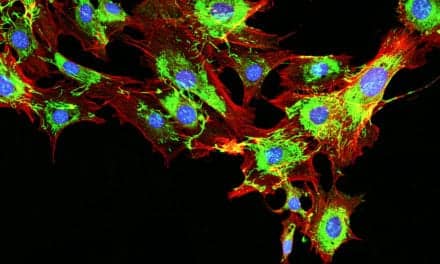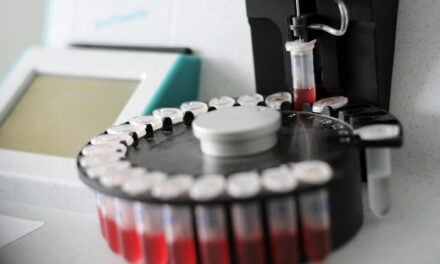Coverage applies to stage II and III breast cancer patients across three major subtypes for up to six years of recurrence monitoring.
Medicare will now cover Personalis Inc’s NeXT Personal ultrasensitive minimal residual disease (MRD) test for surveillance of cancer recurrence in breast cancer patients, the company announced.
The coverage applies to Medicare beneficiaries with stage II and III breast cancer, including the three major subtypes: HR+/HER2-, HER2+, and triple-negative breast cancer (TNBC). Patients can receive coverage for recurrence monitoring with NeXT Personal for up to six years in the surveillance setting.
“This coverage allows us to expand access to the NeXT Personal test, supporting breast cancer patients who often live with the constant worry of cancer recurrence after treatment,” says Richard Chen, chief medical officer and executive vice president of research and development at Personalis, in a release. “Our NeXT Personal test has the potential to help patients by detecting breast cancer recurrence earlier and giving them additional reassurance with negative test results.”
Clinical Performance Data
A study published in the Annals of Oncology involving patients with TNBC, HER2+, and HR+ breast cancers demonstrated the test’s clinical performance. The NeXT Personal test detected 100% of patients who had breast cancer recurrence a median of approximately 15 months, and up to approximately five years, ahead of standard-of-care radiographic imaging. Additionally, 100% of patients who tested negative with NeXT Personal throughout the study period remained disease-free.
The blood-based test detects small traces of recurrent breast cancer using ultrasensitive technology developed by the Fremont, California-based genomics company.
“We have pioneered the ultrasensitive MRD testing market to address a critical unmet need in oncology,” says Chris Hall, chief executive officer of Personalis, in a release. “This Medicare coverage is a powerful validation of our technology and an important step forward for patients, giving them and their doctors a new tool for detecting cancer in their ongoing fight against breast cancer.”
ID 88648980 © ibreakstock | Dreamstime.com





